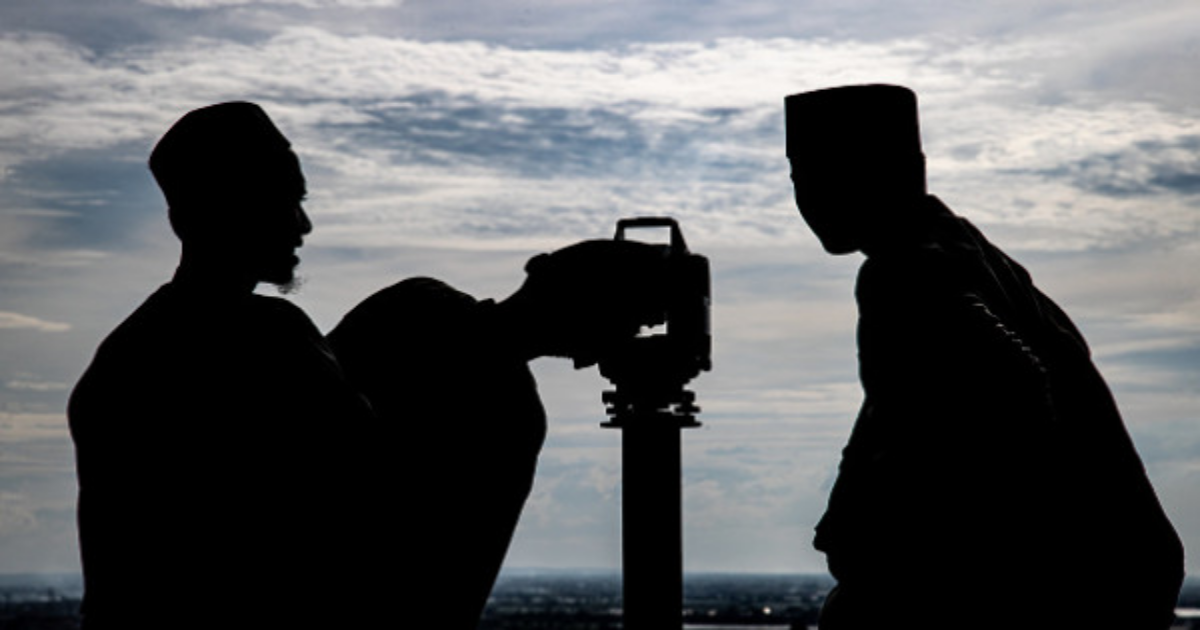Controversy has surrounded Saudi Arabia’s moon sighting indicating the start of Eid al-Fitr which marks the end of the Islamic fasting month of Ramadan.
Some reports on Sunday had suggested the kingdom got the sighting of the crescent moon wrong, as per the Islamic lunar calendar, declaring Eid a day too early and thus offered to pay an “expiation” on behalf of all Saudis.
However, there has been no official statement from Saudi authorities confirming this.
While some Arab countries announced Eid al-Fitr falls on Sunday, others said it was Monday.
Egypt, Jordan, Syria and several other Sunni-majority countries broke with the Saudi announcement and celebrated on Monday. Shia-majority Iran also declared the festivities to begin on Monday, as well as Oman’s Ibadi religious authorities.
Many astronomers and experts had rejected the idea that Eid al-Fitr could take place on Sunday, saying it was impossible to sight the moon on the preceding Saturday.
The Abu Dhabi-based International Astronomical Centre said a Saturday sighting would be have been impossible from the eastern hemisphere using any type of method.
Saudi astronomer Bader al-Omaira also told Gulf News that the sighting of a crescent would have been impossible, largely due to a solar eclipse which took place on Saturday, after which sightings of the moon are not possible for several hours.
Imad Ahmed, the founder of the New Crescent Society, a UK Muslim moon-sighting group, had told The New Arab last week that there exists a common misconception that Islamic months begin during the moon’s new phase, but in fact, they begin during the waxing crescent phase, which comes after.
Religious authorities in some Arab countries follow Saudi Arabia – home to Islam’s two holiest sites – Mecca and Medina – which prompted social media users to believe that this meant millions of Muslims had stopped fasting a day too early.
In 2011, there were reports that Saudi authorities who observe the skies to record the sighting of the moon mistook Saturn for the moon. This reportedly happened again in 2019.
The kingdom denied both these reports.
Like numerous topics in Islam, the matter surrounding the sighting of the moon and what it meant for declaring the start of Eid al-Fitr – or Islam’s most important celebration, Eid al-Adha – has often been open to debate and different interpretations.
While some countries use astronomical calculations and technology like telescopes, others insist that it must be seen with the naked eye.
